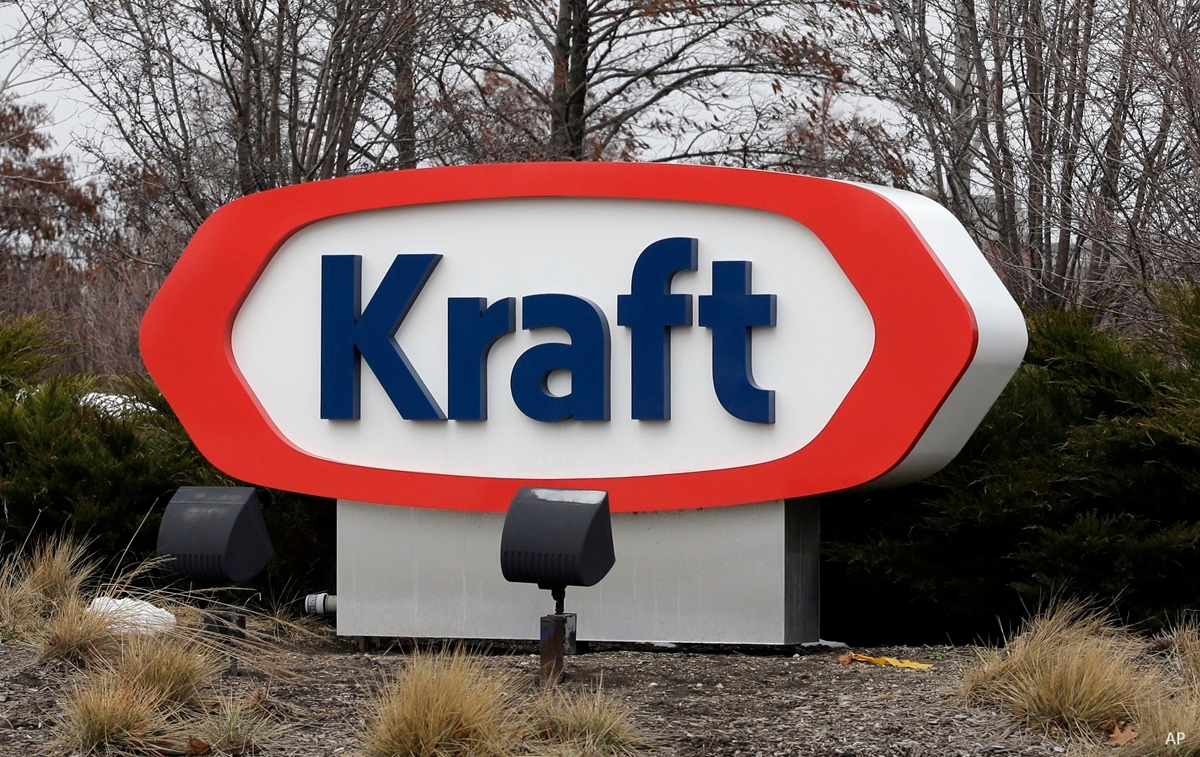Note: This article is part of Morningstar Canada's Women in Investing Special Report
Responsible investing is growing in popularity as investors want to add a social slant to their investments. Consumers demand more socially conscious products. And employees demand that their employers be committed to social causes, with a Randstad survey showing that 77% of Canadians only want to work for a company that has a strong corporate social responsibility program.
With all the activity around social responsibility, funds are increasingly adding an ESG (environment, social, governance) lens to their investment process. Despite the misconception that investors in ESG funds must sacrifice performance, ESG is a source of alpha, and fund companies are coming up with innovative and practical ways to generate the best returns for their shareholders.
NEI Investments integrates ESG factors and focuses on responsible investment across all of their funds. The firm believes in engagement with the companies they hold, uses tools like dialogue, proxy voting, and public policy engagement, to encourage ESG-positive change from their underlying holdings.
Shareholder engagement was highlighted as an essential ESG alpha-driver by experts at the Morningstar Executive Forum last week.
ESG engagement comes in many forms
Last month, NEI Investments released their 2019 Corporate Engagement Focus list, which highlights the companies with whom NEI is engaging in dialogue. The list had some surprising names, including four Canadian energy firms, and Johnson & Johnson (JNJ).
The firm looks at each sector differently and asks different questions from different sectors, rather than paint all with a uniform brush. For energy, the firm will focus on companies that reduce their environmental impact, are conscious of climate change and climate risks, and are good employers who value the communities affected by them and respect human rights, says Michelle de Cordova, NEI’s director of Corporate Engagement & Public Policy.
“We feel that there is a role for energy, including oil & gas, even in an economy focused on low carbon. We will still use hydrocarbons, not first as a fuel but as a material. So even for reduced hydrocarbon use in the future, what will be the expectation from the companies that remain?” she asks.
The firm will focus on companies that are willing to negotiate and engage on climate issues, will be able to adapt to the differential economies of the future, and have the potential to become sustainable. “We call them transition-capable,” de Cordova says.
The four companies on the list are Canadian Natural Resources (CNQ), Cenovus (CVE) and Enbridge (ENB), all of which have four-stars and are trading at a discount to our fair value estimates, as well as three-star Suncor (SU).
Focus on the positives
Another surprising name on the list is Johnson & Johnson. The stock price fell close to 10% on one trading day in December 2018, after a media report that suggested the company’s talc power could be related to cancer. As a result, several responsible investors shunned the stock – but not NEI.
“Johnson & Johnson is a good example of a big pharma company that has made negative headlines on one aspect of their business, but is a leader in other aspects of the business,” says Rosa van den Beemt, ESG Analyst at NEI.
van den Beemt points out that Johnson & Johnson leads in drug pricing transparency, access to medicine, and transparency in clinical trials.
“The health care sector has obvious potential to contribute to sustainable development, but in practice, the pharmaceutical industry is also particularly exposed to certain ESG risks, including product safety,” she says, noting that consumers and investors want pharmaceutical products to be safe and affordable, both in the US and internationally.
International product accessibility is a crucial aspect of ESG engagement with pharmaceutical companies, as affordability in developed markets might not be as high as in the west – and van den Beemt points out that Johnson & Johnson is a leader in both this space, as well as product safety.
Morningstar sector director Damien Conover expects Johnson & Johnson’s wide moat to remain intact, supported by a diverse group of patent-protected drugs, strong branded consumer products, and innovative medical devices.
Finally, van den Beemt points out that another aspect of ESG engagement is the opioid crisis, and believes that pharmaceutical companies should not exclude legal costs of opioid-related litigation from executive compensation frameworks – another focus area for NEI in 2019.









:quality(80)/cloudfront-us-east-1.images.arcpublishing.com/morningstar/2RGHQJTF4ZEURNSAGBY7CSHCUQ.jpg)












